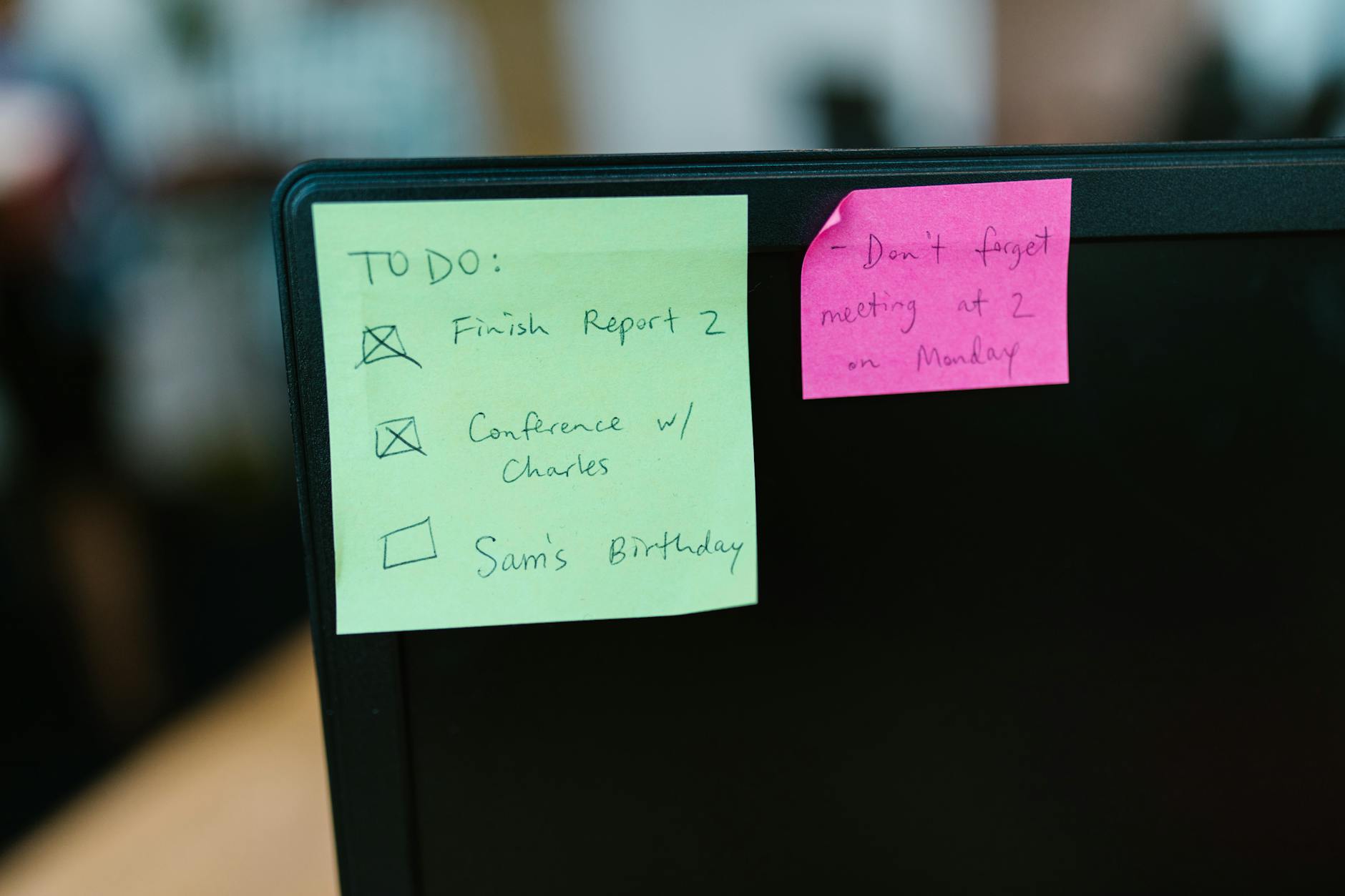Overcoming Procrastination: Top Tips to Finally Get Things Done
Procrastination is a common challenge that affects many people, often leading to stress, missed opportunities, and a constant feeling of being overwhelmed. Whether you’re facing a looming deadline or struggling to start a long-term project, overcoming procrastination is essential for boosting productivity and achieving your goals. By understanding why procrastination occurs and implementing practical strategies, you can break free from the cycle of delay and finally get things done.
Understand the Root Causes of Procrastination
Before tackling procrastination, it’s important to recognize the underlying reasons why you may be putting tasks off. Often, procrastination stems from fear—fear of failure, perfectionism, or feeling overwhelmed by the size of a task. Sometimes, it’s simply a lack of motivation or a poor connection between goals and everyday actions. Identifying your personal triggers makes it easier to address them head-on.
Break Tasks into Manageable Steps
One of the most effective ways to overcome procrastination is to divide large, intimidating tasks into smaller, actionable steps. When a project seems overwhelming, it’s easy to avoid starting. By creating a step-by-step plan, you build momentum with each small accomplishment, which fuels motivation and diminishes the urge to procrastinate.
Set Clear and Realistic Goals
Clear goals act as a roadmap to success. Instead of vague intentions like “I’ll start working on the report,” try “I’ll write the introduction by 3 p.m.” Setting specific deadlines and realistic objectives provides a sense of direction and urgency that helps keep procrastination at bay.
Use Time Management Techniques
Effective time management strategies can drastically reduce procrastination. Techniques such as the Pomodoro Technique—working in focused intervals with short breaks—can improve concentration and make tasks feel more manageable. Additionally, scheduling your most challenging tasks during times when you feel most alert and energized ensures higher productivity.
Minimize Distractions
Procrastination often flourishes in environments filled with distractions. To stay focused, create a workspace free of interruptions. Turn off notifications on your phone or computer, close unrelated tabs, and keep your area tidy. Establishing a dedicated zone for work helps train your brain to associate that space with productivity.
Cultivate Self-Compassion and Avoid Perfectionism
Many people delay tasks because they fear not doing them “perfectly.” It’s important to remember that progress is more valuable than perfection. Practicing self-compassion and allowing yourself to make mistakes can reduce anxiety and the temptation to procrastinate. Start with a “good enough” mindset and improve your work as you go.
Leverage Accountability and Support
Sharing your goals with friends, family, or coworkers can create a sense of accountability that encourages action. Consider partnering with someone who shares similar objectives or joining a study or work group. Knowing that others expect you to follow through can motivate you to overcome procrastination.
Reward Yourself for Progress
Positive reinforcement is a powerful motivator. When you complete a task or reach a milestone, celebrate your achievement with a small reward. Whether it’s a short walk, a favorite snack, or a brief break to enjoy something you love, rewards reinforce productive habits and keep you moving forward.
—
Procrastination doesn’t have to define your work habits or hold back your potential. By understanding its causes and implementing these practical tips, you can develop a productive routine that helps you stay focused and motivated. Remember, the key to finally getting things done is to start—no matter how small the first step may seem.

editor's pick
latest video
news via inbox
Nulla turp dis cursus. Integer liberos euismod pretium faucibua







